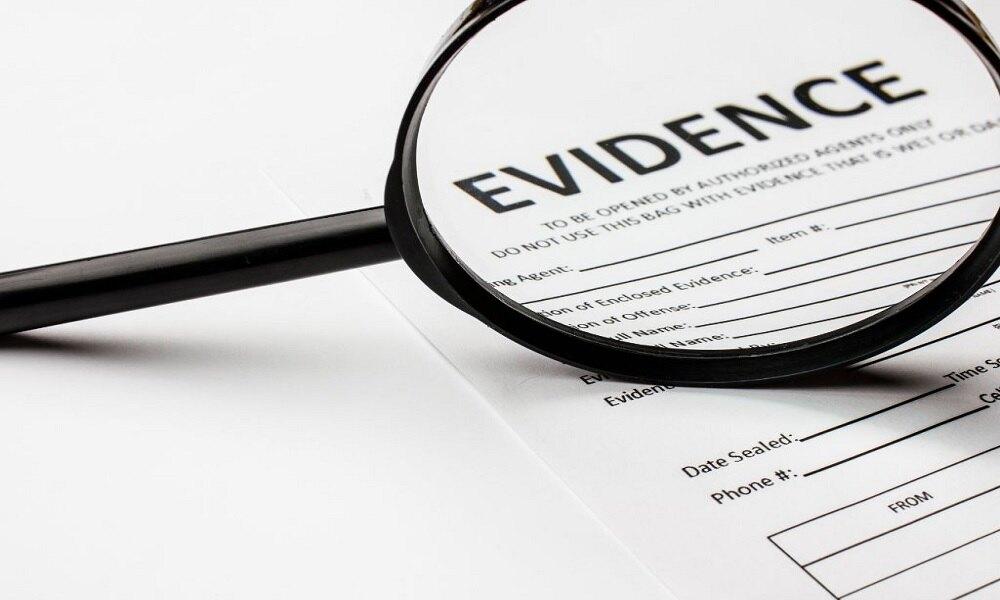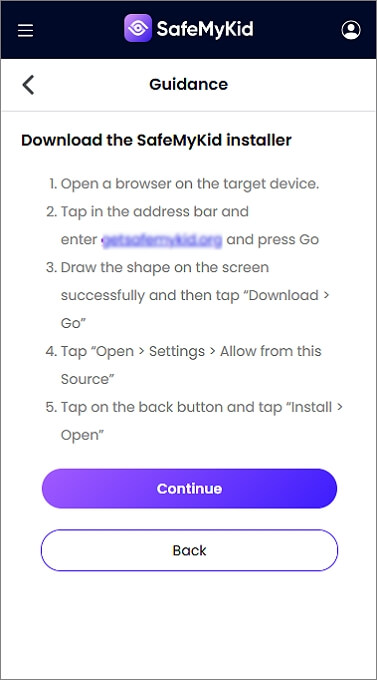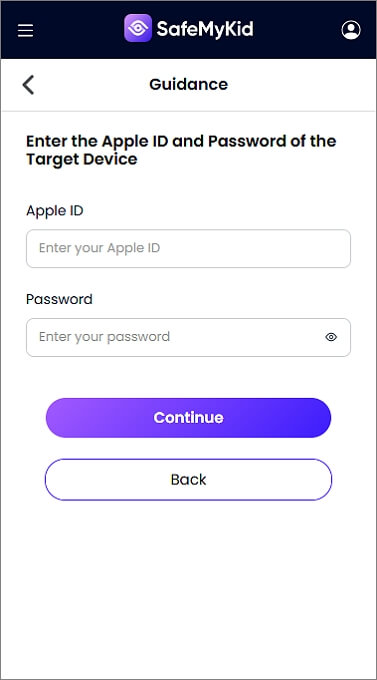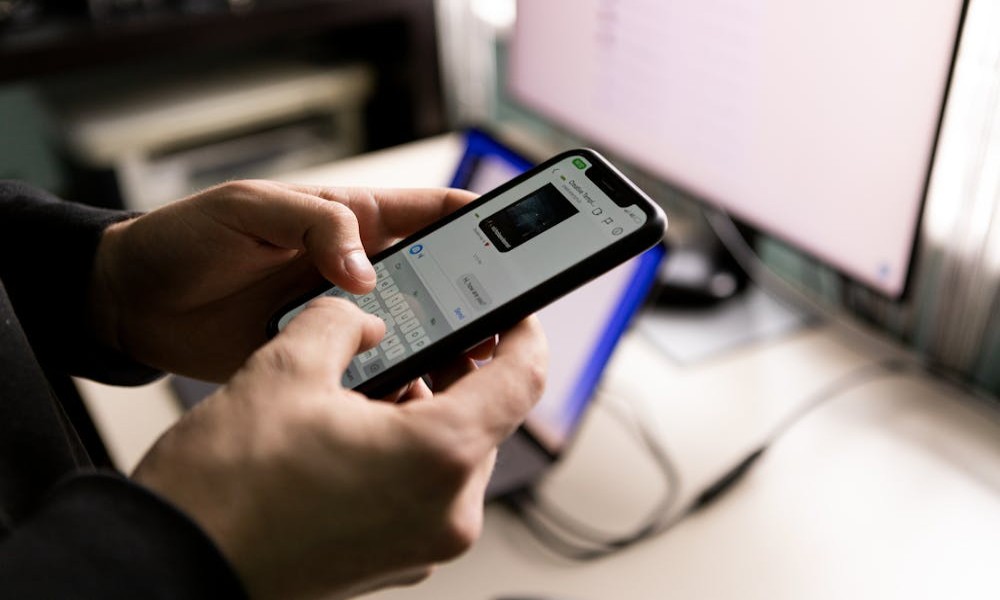How to Confront a Cheater: 8 Proven Steps for the Truth

Finding out your partner might be cheating is heartbreaking and can leave you feeling confused, hurt, and even angry. While confronting a cheater is never easy, avoiding it won’t bring you the clarity or closure you need.
This guide will show you how to confront a cheater while protecting your emotions and dignity, helping you gain the closure or resolution you need.

Is It Necessary to Confront a Cheater?
Confronting a cheater is a deeply personal decision that depends on several factors, including your emotional readiness, the nature of your relationship, and what you hope to achieve. While some people find closure in addressing the betrayal directly, others may choose to walk away without a confrontation to protect their peace of mind. Before deciding, it’s essential to weigh the benefits and potential consequences of confronting a cheating partner.
Reasons to Confront a Cheater
- To Get the Truth – If you suspect infidelity but don’t have solid proof, a confrontation may push the person to admit the truth or at least reveal inconsistencies in their story.
- For Closure and Emotional Healing – Addressing the betrayal directly can help you process your emotions and find clarity on whether to stay or leave.
- To Hold Them Accountable – Some people confront cheaters to make them aware of the pain they’ve caused and prevent them from continuing dishonest behavior.
- To Decide the Future of the Relationship – A conversation about the cheating incident can help determine if the relationship is worth salvaging or if it’s time to move on.
Reasons Not to Confront a Cheater
- If You Already Know the Truth – If you have undeniable proof and confronting them won’t change the outcome, avoiding confrontation may save you unnecessary emotional distress.
- If They Are Manipulative or Abusive – Some cheaters gaslight, deny, or turn the situation against you, making confrontation more frustrating than productive.
- If You’ve Already Decided to Leave – If you’re certain about ending the relationship, a confrontation might be unnecessary, especially if it won’t bring you peace.
- To Protect Your Mental and Emotional Well-Being – Not all confrontations lead to honest admissions or apologies. If you feel that confronting them will only add more pain, focusing on healing and moving forward may be the better choice.
Ultimately, confronting a cheater should be about what’s best for you—whether it’s seeking answers, closure, or simply walking away with your dignity intact.
How to Confront a Cheater
Before confronting a cheating partner, it's essential to prepare yourself emotionally and strategize your approach. Reacting impulsively may lead to an unproductive conversation or even more dishonesty. Follow these steps to ensure you handle the situation with clarity and confidence.
1. Assess Your Emotions and Goals
Acting on impulse can lead to regret, especially when dealing with something as emotional as infidelity. A heated confrontation fueled by anger or sadness can quickly spiral out of control, making it harder to get the answers you need. Before confronting your partner, take time to reflect on what you truly want.

Ask yourself:
- Do you need answers, or are you seeking closure?
- If they admit to cheating, are you willing to work through it, or is this a dealbreaker?
Processing your emotions beforehand allows you to approach the conversation with a clear mind, reducing the risk of an emotional outburst that could make the situation even more painful. Give yourself the space to think logically before taking the next step.
2. Choose The Right Time and Place
Confronting your partner in public can lead to unnecessary drama, embarrassment, or even an explosive argument. A private, quiet setting allows for an open and honest discussion without external distractions. Choose a place where both of you feel safe enough to express your thoughts calmly.

Timing Matters
Timing is crucial when confronting a cheater. Avoid doing it when either of you is stressed, angry, or preoccupied with other concerns, as emotions can escalate quickly. The goal is to have a productive and honest conversation, not an argument filled with blame and hostility.
3. Gather Solid Evidence Before Confronting
Accusing a cheater without solid proof can backfire, leading to denial, manipulation, or even gaslighting, where they make you doubt your reality. Without evidence, they may easily dismiss your claims as paranoia. Concrete proof strengthens your position and makes it harder for them to lie.

How to Collect Evidence
- Check for suspicious messages or call logs.
- Look for changes in spending habits or unexplained transactions.
- Pay attention to inconsistencies in their stories.
4. Use Direct and Clear Communication
Instead of vague accusations like, “I feel like you’re cheating,” say:
- “I saw your messages with Paige. Can you explain?”
- “Your location history shows you weren’t where you said. Why?”

Being direct when confronting a cheater prevents them from dodging the issue or twisting the conversation in their favor. Clear, straightforward communication forces them to address the situation honestly, reducing the chances of denial, deflection, or manipulative excuses.
5. Observe Their Reaction and Response
Once you present the evidence, pay close attention to how they react. Their body language, tone, and words can reveal a lot about their true feelings and intentions.
- Guilt signs: Avoiding eye contact, getting defensive, shifting blame.
- Honest response: Acknowledges mistakes, shows remorse, and is open to discussion.

If they try to gaslight you by making you question your own reality or doubt the evidence you have, it’s a major red flag. Gaslighting is a manipulative tactic used to avoid accountability, and recognizing it early can help you stand your ground.
6. Be Prepared for Any Outcome
Once you’ve confronted your partner, the next step is deciding how to move forward.

- If they admit to cheating and genuinely regret their actions, are you open to reconciliation, or is the betrayal too painful to repair?
- If they deny everything despite clear evidence, you must ask yourself—can you trust someone who refuses to take responsibility?
Your decision should prioritize your emotional well-being and long-term happiness.
7. Set Boundaries and Protect Yourself
If you choose to stay, establish clear boundaries and expectations to rebuild trust and prevent future betrayals. Open communication and accountability are essential. If you decide to leave, prioritize your healing by cutting contact where necessary, creating space to process your emotions and move forward without further pain.

8. Seek Support from Friends or Professionals
Talking to trusted friends, family, or a therapist can help you process the intense emotions that come with confronting a cheater. Having a strong support system provides comfort, validation, and guidance. An outside perspective can help you see the situation more clearly and make a decision that aligns with your well-being.

The Safest Way to Gather Proof to Confront a Cheater
One of the most reliable ways to gather evidence before confronting a cheater is by using SafeMyKid. This powerful monitoring tool helps you track suspicious activities such as text messages, call logs, and location history, giving you the proof you need.
With SafeMyKid, you can confirm your suspicions with concrete evidence, making it much harder for them to deny or manipulate the truth.

Why SafeMyKid is The Best Tool to Use to Gather Evidence to Confront a Cheater
When confronting a cheater, having solid evidence can make all the difference. Without proof, they may deny, gaslight, or manipulate the situation, making it harder for you to get the truth.
SafeMyKid provides the necessary tools to track suspicious behavior discreetly and gather undeniable proof before you confront them. Key features of SafeMyKid for Gathering evidence include:
- Monitors Messages & Calls – Gain access to hidden conversations, including deleted texts and social media chats.
- Tracks Location History – Know exactly where they’ve been and if they lied about their whereabouts.
- Accesses App Usage – Detect secret social media or dating app accounts they may be using.
- Works in Stealth Mode – Runs discreetly in the background, so they won’t know they’re being monitored.
- Provides Real-Time Updates – Stay informed with instant alerts on their activities.
With SafeMyKid, you don’t have to rely on suspicions alone—you can confront them with solid evidence and make informed decisions about your relationship.
How to Use SafeMyKid to Find Evidence to Confront a Cheater
Before confronting a cheater, it’s crucial to have solid proof. SafeMyKid provides a discreet and effective way to gather evidence by monitoring key activities such as messages, calls, and location history. Here’s how you can use it to uncover the truth:
How to Find Evidence to Confront a Cheater on Android
Step 1. Create your account on the SafeMyKid website using your email address.

Step 2. Install SafeMyKid on the target phone. Enable necessary permissions for monitoring messages, calls, and location.

Step 3. Review suspicious activities like hidden messages, unknown contacts, or frequent visits to unusual locations before confronting your cheating partner.

How to Find Evidence to Confront a Cheater on iPhone
Step 1. Create your account for free on the SafeMyKid website by entering your valid email address.

Step 2. Input the target device’s iCloud credentials on the SafeMyKid website to sync iCloud and SafeMyKid.

Step 3. Monitor activity remotely from your dashboard to identify cheating patterns before confronting your cheating partner.

With SafeMyKid, you can uncover the truth before confronting your partner, ensuring you have solid evidence in hand. This reduces their ability to lie, deny, or manipulate the situation, giving you the confidence to approach the conversation with clarity and certainty.
Third-Party Apps: Advantages and Limitations
Many monitoring apps are very effective in gathering proof to confront a cheating partner. Their advantages include:
- Remote Monitoring: Some apps allow access to call logs, messages, and location without physical access.
- Real-Time Alerts: Get instant notifications about suspicious activity.
- Comprehensive Tracking: Advanced apps monitor social media, emails, and even deleted messages.
- User-Friendly Interface: Many apps offer simple dashboards for easy tracking and analysis.
However, third-party apps also come with significant drawbacks:
- Device access requirements: Some apps require continuous physical access to the device, making them impractical.
- Security updates: Many apps struggle to keep up with frequent phone security updates, causing tracking failures.
- High costs with fewer features: Some apps charge high fees without offering comprehensive monitoring.
- Risk of detection: If not fully discreet, your partner may discover the app and disable it.
That’s why SafeMyKid is the best choice, as it works seamlessly while keeping your investigation discreet.
FAQs on How to Confront a Cheater
Before confronting a cheater, it's essential to prepare yourself emotionally and have a clear plan. Below are some frequently asked questions to help guide you through the process.
1. How do I emotionally prepare myself before confronting a cheater?
Take time to process your feelings, seek support from trusted friends or a therapist, and ensure you're in a calm state before initiating the conversation.
2. What if my partner refuses to talk or avoids the confrontation?
If they constantly evade the discussion, it could be a sign of guilt. Consider whether staying in a relationship with someone who avoids accountability is right for you.
3. Should I involve a mutual friend or family member in the confrontation?
While having support can be helpful, a third party may escalate the situation. A private, one-on-one conversation is usually best for an honest discussion.
4. How can I tell if my partner is lying during the confrontation?
Watch for inconsistencies in their story, defensive behavior, or excessive deflection. If their responses don’t align with the evidence, they may be hiding the truth.
5. What are some common excuses cheaters use to deny their actions?
Cheaters often claim "it was just a misunderstanding," "you’re being paranoid," or "it didn’t mean anything." Having concrete evidence helps counter these excuses.
6. Is it worth confronting a cheater if I’ve already decided to leave?
If closure is important to you, a confrontation may help you move forward. However, if you feel it would only cause more pain, leaving without confrontation is also valid.
7. How do I rebuild trust if I decide to stay?
Rebuilding trust takes time and effort from both partners. Set clear boundaries, communicate openly, and consider professional counseling to work through the betrayal.
Conclusion
Knowing how to confront a cheater is never easy, but handling it the right way can protect you from further heartache. Stay calm, gather solid evidence using SafeMyKid, and approach the conversation with confidence and clarity. Being direct helps prevent manipulation or denial.
No matter the outcome—whether you choose to stay or leave—your emotional well-being and peace of mind should always be your top priority. You deserve honesty and respect in any relationship.


